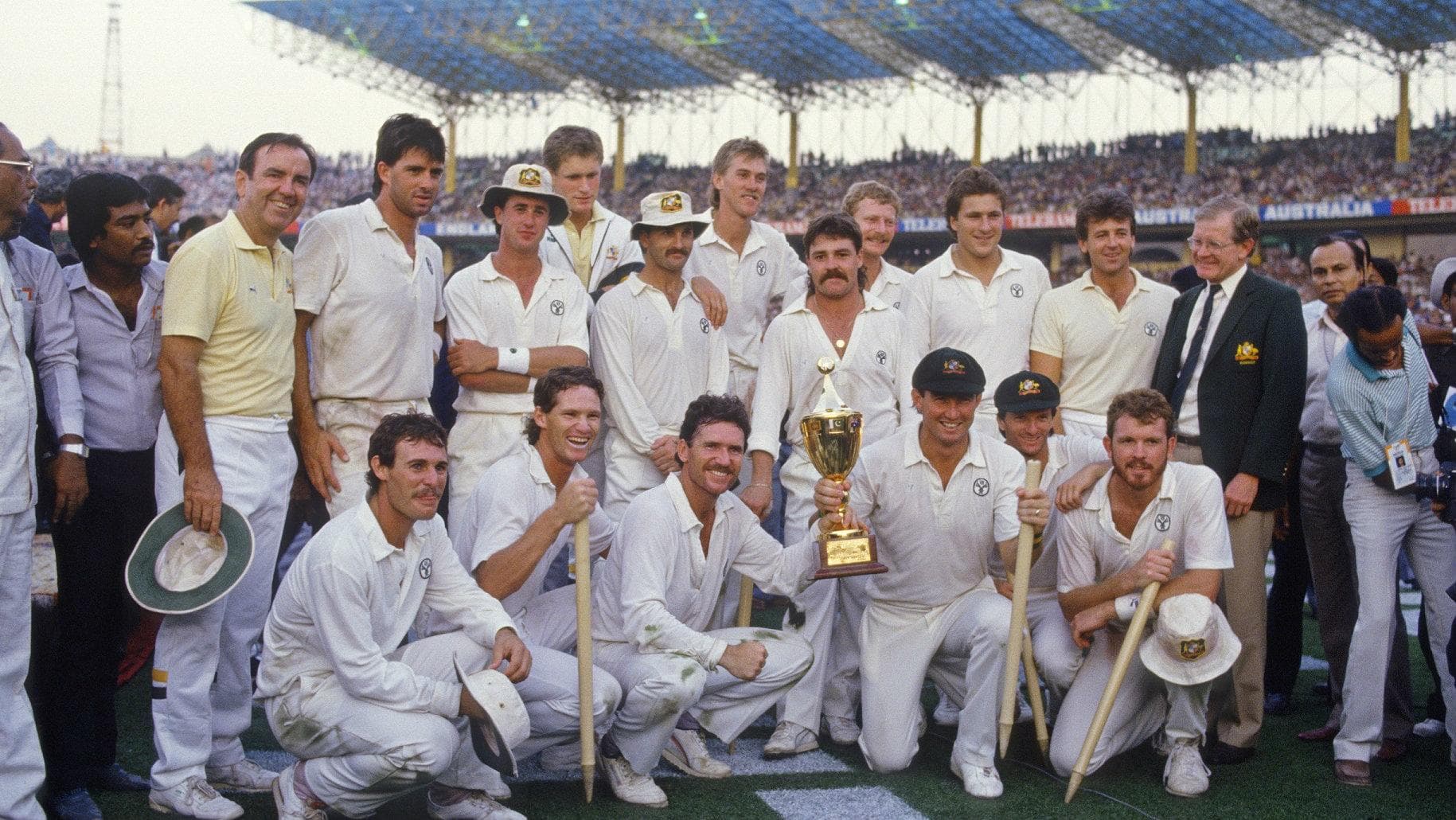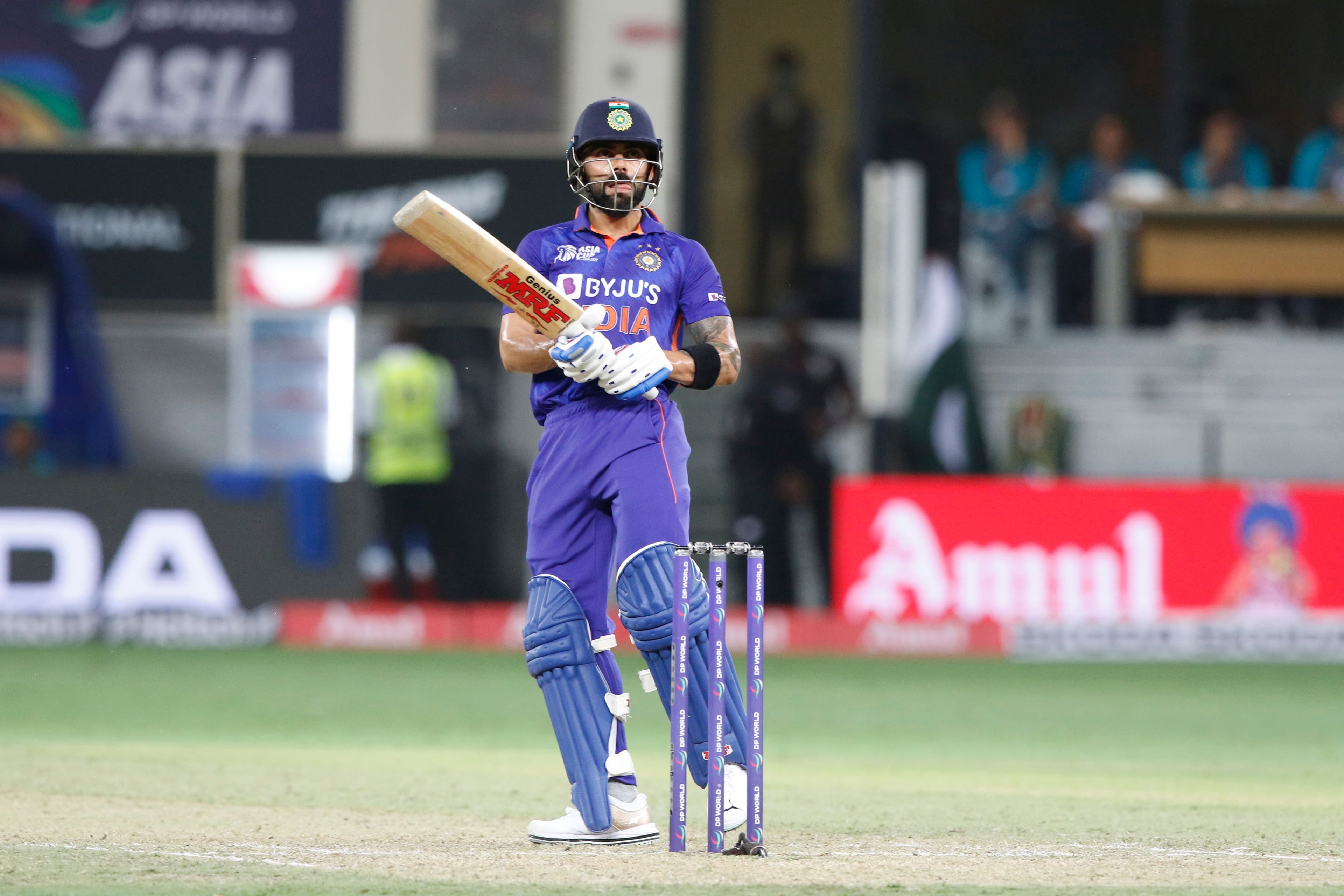Cricket
England vs Ireland 2011 World Cup – When the Underdogs Defeated the Giants
Ireland defeating England in the 2011 World Cup at Bengaluru is one of the greatest upsets in World Cup history.

Memorable match between England Ireland
The 2011 ICC Cricket World Cup was the tenth edition of the tournament, co-hosted by three South Asian nations - India, Sri Lanka, and Bangladesh. This tournament featured 14 teams, including the Full Members of the International Cricket Council (ICC) and the top Associate Members. Ireland was one of the Associate Members, and they had already shown their potential in their maiden World Cup campaign in 2007, where they made it to the Super Eight stage.
The 2011 World Cup match between Ireland and England is one of the most memorable and historic encounters in the history of the tournament. The match, which took place on March 2, 2011, at the M. Chinnaswamy Stadium in Bangalore, was a classic example of the underdog triumphing against all odds. Ireland's stunning victory over England not only shocked the cricketing world but also brought a new dimension to the tournament, highlighting the significance of smaller cricketing nations. This is also one of the highest-scoring ODI games, in which over 650 runs were scored.
ENGLAND VS IRELAND
2011 WORLD CUP, MATCH SUMMARY
| ENGLAND | 327-8 | (50 OV) | ||
| JOHNATHAN TROTT | 92 | 92 | JOHN MOONEY | 4-63 |
| IAN BELL | 81 | 86 | TRENT JOHNSTON | 2-58 |
| KEVIN PIETERSEN | 59 | 50 | PAUL STIRLING | 1-45 |
| IRELAND | 329-7 | (50 OV) | ||
| KEVIN O'BRIEN | 113 | 63 | GRAEME SWANN | 3-47 |
| ALEX CUSACK | 47 | 58 | JAMES ANDERSON | 1-49 |
| JOHN MOONEY | 33 | 30 | TIM BRESNAN | 1-65 |
IRELAND WON BY 3 WICKETS (WITH 5 BALLS REMAINING)
England vs Ireland 2011 World Cup – a climax not many anticipated
England won the toss and elected to bat first at the batting-friendly Chinnaswamy ground. They got off to a blistering start, with openers Andrew Strauss and Kevin Peitersen stitching together a 91-run opening stand before Strauss was cleaned up by George Dockrell in the 14th over.
Following Pietersen's dismissal in the 17th over, having scored 59 runs, Ireland sensed an opportunity for a comeback. However, Ian Bell and Jonathan Trott steadied the English team. Both batsmen reached their half centuries, contributing 157 runs for the third-wicket partnership. John Mooney eventually dismissed both of them, with Bell scoring 81 before getting caught out, and Trott falling for 92. England finished their innings with a total of 327 runs on the scoreboard. Mooney was the standout bowler for Ireland, having picked four wickets in nine overs.
328 runs, even on a batting-friendly wicket, was a challenging target, but not insurmountable. However, Ireland had a demoralising start to their chase, as the wicket of skipper William Porterfield fell on the very first ball of the innings. The other batters in the top order got starts, but were not able to convert them.
Ireland were five down for 111 runs in the 25th over. However, Kevin O’Brien and Alex Cusack had different plans. The duo had added 162 runs for the sixth wicket before Cusack was dismissed in the 42nd over after scoring 47 runs. O’Brien, meanwhile, went on to score a century with support from the tail-enders. However, the turning point in the game came when he was run in the penultimate over.
O'Brien's dismissal brought Trent Johnston to the crease, who wasted no time, smashing his first ball for a boundary, bringing Ireland within seven runs of victory. Johnson took three runs from the next three balls, before Mooney finished the penultimate over with a single off the last ball. Ireland now needed just three runs to win from the last over.
Mooney, the same bowler who had earlier dismissed four batters, began the final over by hitting a four, securing the winning runs. Ireland achieved the remarkable feat with five balls to spare.
Not many would have imagined that Ireland had a realistic shot at chasing down the daunting target, more so after losing a wicket on the very first ball of their innings. But it was O’Brien who turned the match on its head.
O’Brien, 26 years old at the time, reached his half century in just 30 balls, during which he hit two consecutive sixes off Graeme Swann. After being dropped on 91 by Strauss, he went on to reach his century off just 50 balls. This remarkable accomplishment was 16 balls fewer than the previous tournament record for the fastest century, which was held by former Australian opener Matthew Hayden. Hayden scored a century off 66 balls against South Africa in the 2007 World Cup. O’Brien’s innings, which still remains the fastest century in World Cup history, was laced with 13 boundaries and six sixes. It is also the 13th-fastest ODI century of all time.
Fastest Hundreds in ODI World Cup
FASTEST CENTURIES
IN ODI WORLD CUP
| SR NO | PLAYER | OPPOSITION | BALLS | YEAR |
|---|---|---|---|---|
| 1 | Kevin O Brien | England | 50 | 2011 |
| 2 | Glenn Maxwell | Sri Lanka | 51 | 2015 |
| 3 | AB De Villiers | West Indies | 52 | 2015 |
| 4 | Eoin Morgan | Afghanistan | 57 | 2019 |
| 5 | Matthew Hayden | South Africa | 66 | 2007 |
| 6 | John Davison | West Indies | 67 | 2003 |
| 7 | Kumar Sangakkara | England | 70 | 2015 |
O’Brien, who retired from ODIs in 2021, watches the highlights of his innings against England every time he lacks positivity about his game.
“It always puts a smile on the face, looking back on that victory against England. It’s a nice feeling to be flicking across the channels and see the highlights,” O’Brien told PA news agency two years ago.
“If I ever need a bit of positivity about my game, if I’m out of form, I know I’ve done it before and I can do it again. I look at the attack from that day and it’s the real deal – England’s best spinner of modern times in Swann, with two of the best fast bowlers that have ever been produced,” he added.
Ireland's victory over England is often referred to as one of the greatest upsets in cricketing history. It showcased the unpredictable nature of the game and the fact that on any given day, the underdogs can conquer the giants. This win was also a significant moment for Associate Member nations in cricket. It highlighted the need for more opportunities for teams outside the Full Member bracket.
Ireland at the World Cup – a flashback
Ireland were granted Associate status by the ICC in 1993 and they participated in their first ICC Trophy the following year in 1994. Years later in 2017, they were granted Full Member status by the ICC alongside Afghanistan, and hosted Pakistan in Dublin for their maiden Test.
Ireland failed to qualify for the 1996, 1999 and 2003 ICC Cricket World Cups, before playing their first World Cup in the Caribbean in 2007. They made an immediate impact in the tournament by defeating two Full Member countries – Zimbabwe in the Super Sixes and Pakistan in the league stage. In the next World Cup in 2011, the Irish chased down 328 to defeat England.
In the subsequent World Cup, co-hosted by Australia and New Zealand, Ireland defeated the West Indies and Zimbabwe in the group stage. However, they couldn't qualify for the 2019 World Cup as they didn't finish among the top two teams in the ICC Cricket World Cup Qualifier 2018.
Recommended Articles

Umaima Saeed is a professional sports writer whose articles have been featured in several leading websites. She writes long-form content on sports, particularly cricket. She has a penchant for telling human-interest stories. Umaima has contributed articles on cricket to more than a dozen publications, both in print and online.


